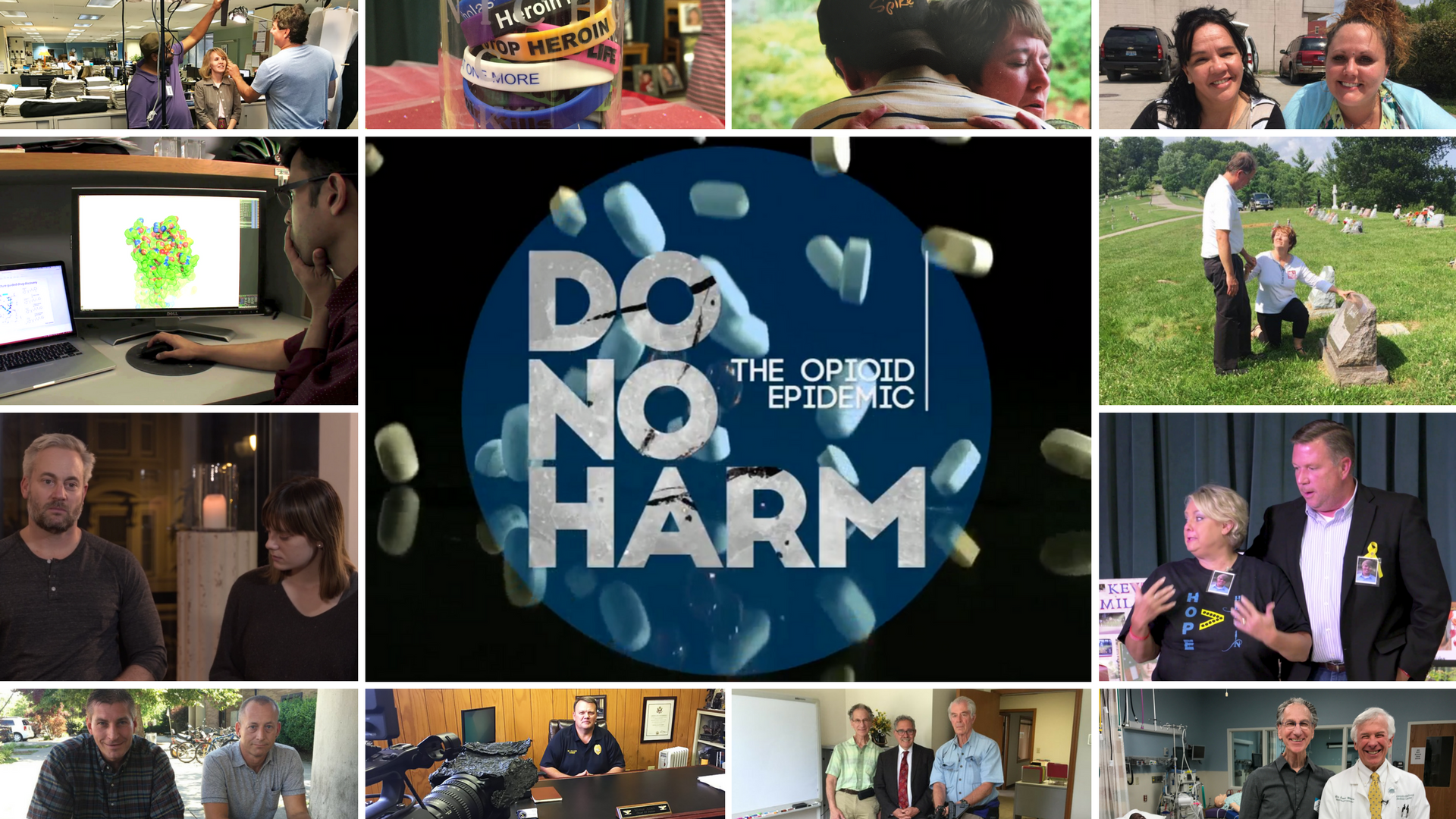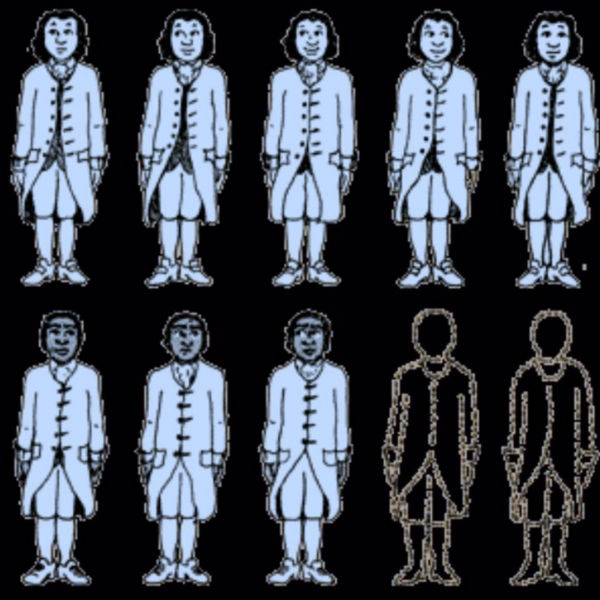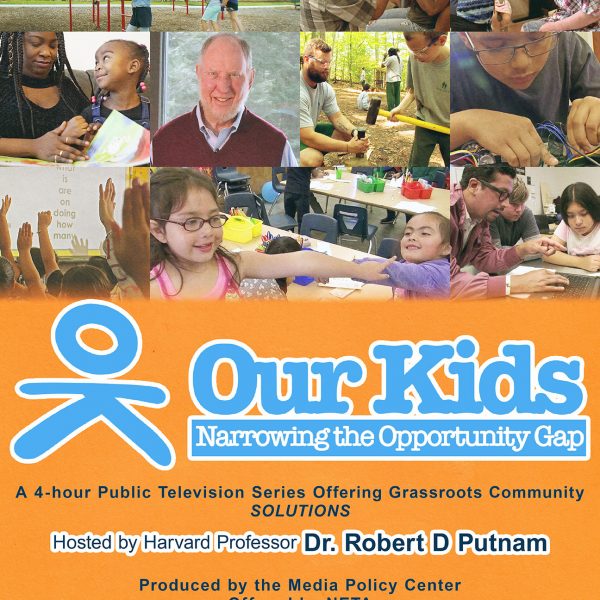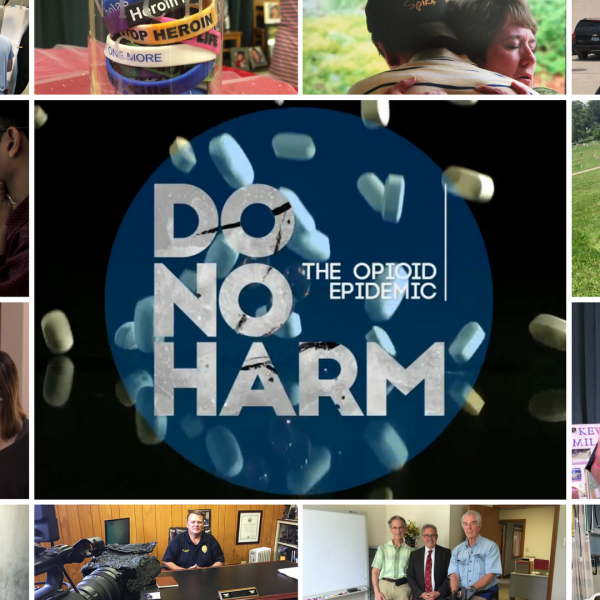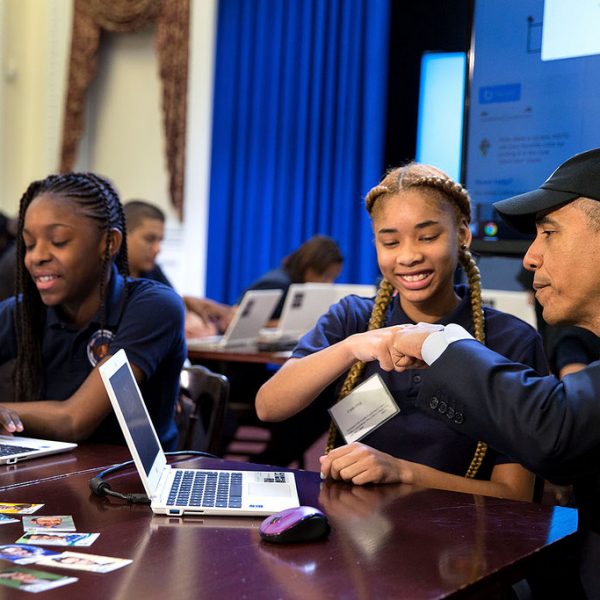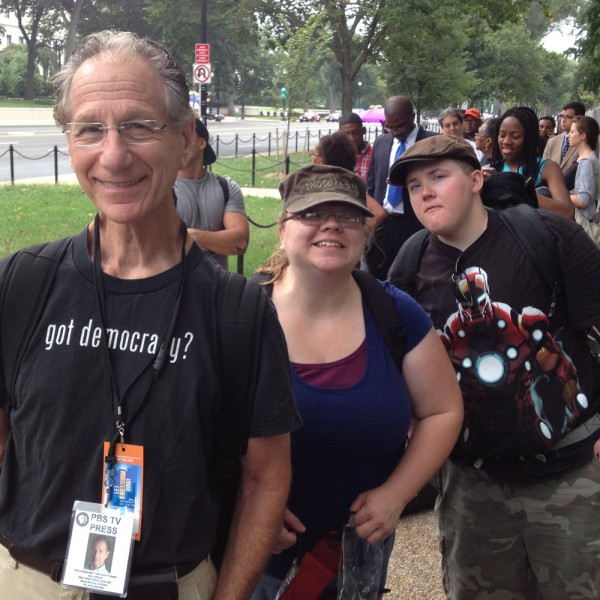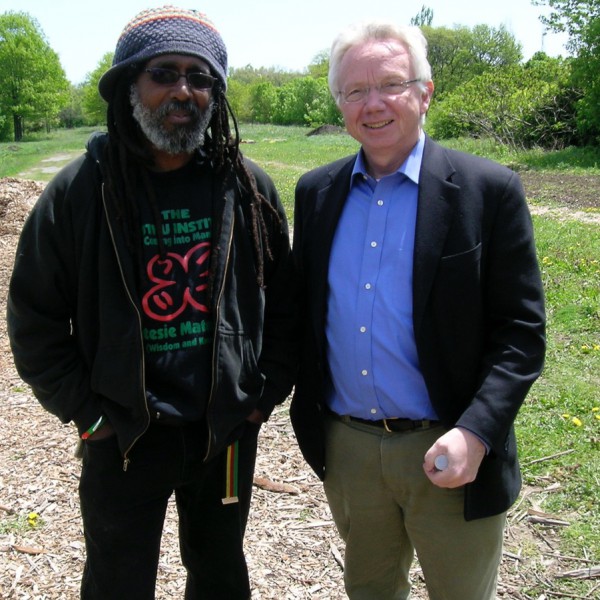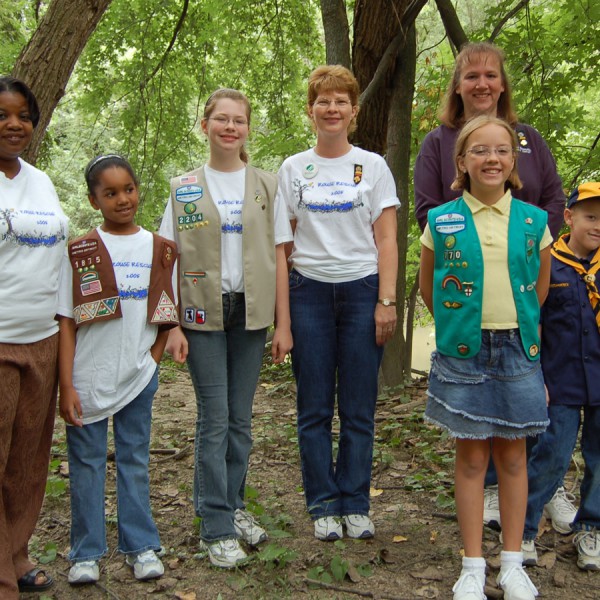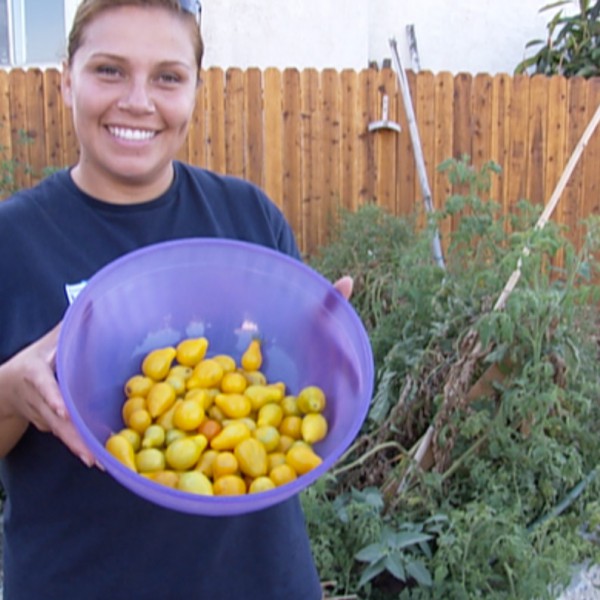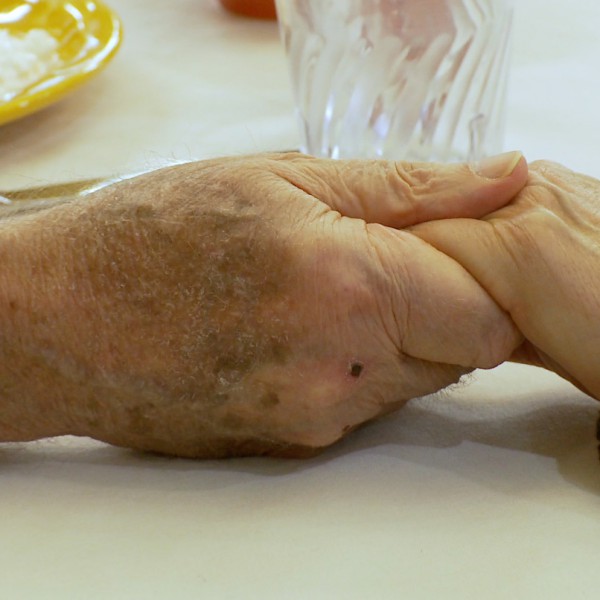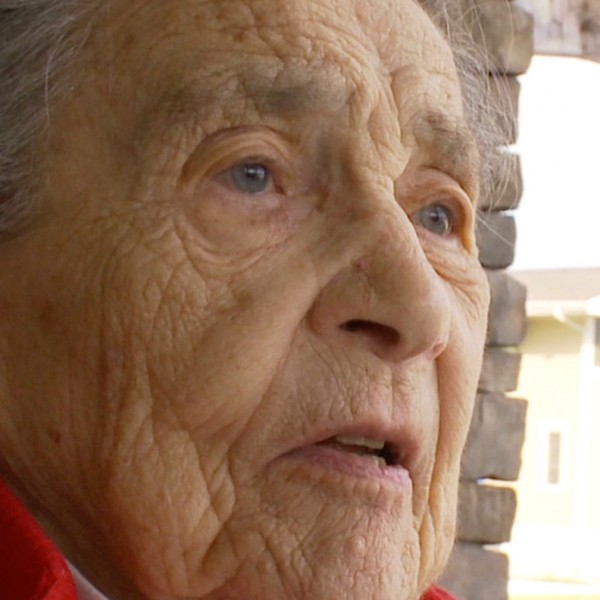The Initiative
Changing the perception of addiction—understanding that it is a mental health issue, not a crime or moral falling—is critical. This perceptional change needs to be recognized before we can improve treatment. Educating communities, both large and small, on the disease of addiction is necessary to mitigate the opioid/heroin epidemic.
Strategies: preventative and pro-active
All intellectual content created by our team will be accessible through an online outreach program available to health care and mental health professionals, educators, religious organizations, and community public health programs.
Advisors include: physicians, health professionals, researchers, religious leaders, pharmacologists, physical therapists, lawyers, and workforce and community leaders.
National topic areas will be determined in the R&D phase.
Best practice recovery programs will be profiled.
Patients, regardless of where they are in their addictions and recoveries, will be invited to produce a video diary using their smart phones or consumer HD video cameras, supplied by the project. These selfie portraits will provide a mirror for patients struggling with addiction who need to know they are not alone, and with help, they can begin to change their lives.
It is obvious to us that the demand for affordable treatment programs has exceeded the capacity of traditional resources. How do we reach out to those most in need who can least afford professional treatment programs? Once on a server, the entire online program will be available 24/7. It will be scalable and free. The program can be reached by thousands of patients and families seeking help that do not have the resources to find or afford an adequate local, on-site treatment program. The program will be available to healthcare and mental healthcare professionals to implement both in schools, and community public health programs. We believe recognition of the problem is the first step towards recovery. Our online programs may not only begin to shift the perception of addiction, but they are also the important first steps for many who do not know how change, but want help to get started—this project is meant for them.
Project Components
- PBS Special or Mini-Series
- Smartphone Emergency Overdose APP
- Interactive Online Hub
- Video Resource Library
- Companion Text Book
- Online MOOCs for Higher Education and Professional Development
- Academic Conferences
- Newsletter devoted to advancements in addiction treatment, pain management, and medical and mental healthcare research.
- Televised Local and National Town Hall Meetings
Expected Outcomes
We plan to conduct an assessment of the media, software, and online components.
Our goals include:
- Design educational prevention programs for K-12 and adult populations
- Create a science-based opioid addiction index
- Create support programs for family, friends, and community
- Establish a resource toolkit for mental healthcare workers to utilize with their patients
- Organize a nation-wide coalition partnership network
- Create a national directory of information that can be accessed by zip code
Partnerships
Semel Institute of Neurobiology, Geffen School of Medicine at UCLA
PROP, Physicians for Responsible Opioid Prescribing

